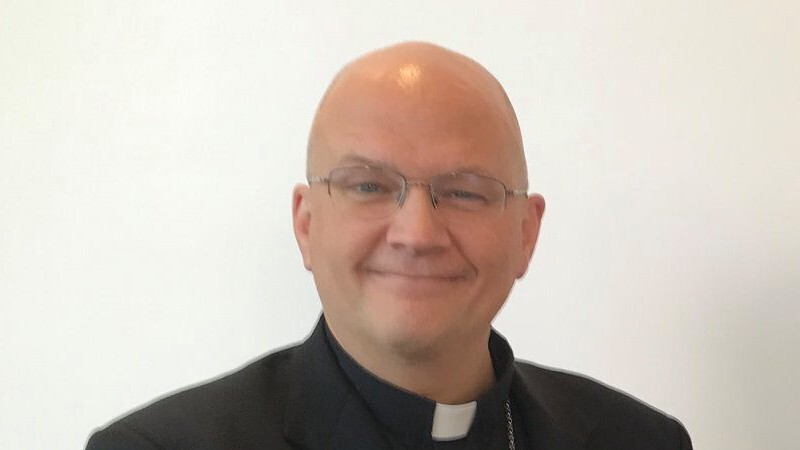
Bishop Edward Weisenburger of the Diocese of Tucson | Bishop Edward Weisenburger/Facebook
Tucson BIshop Edward Weisenburger is advocating for the enactment of a law in Arizona similar to Washington's recent law that restricts the sale, distribution, manufacture and import of more than 50 gun models, such as semi-automatic and military style weapons.
But the law does not prevent individuals who already own those weapons from keeping them, the Associated Press reported recently.
“I take hope in what the state of Washington’s legislative leaders have done,” Weisenburger said in an article the diocese posted online this week. “I call on Arizona’s Legislature to enter into serious consideration and debate of this pressing and critical issue as well. No doubt it is a complicated and sensitive issue, but human life is sacred and protecting it must be met with bold and sustainable action.”
The Gun Violence Archive reports that so far in 2023, more than 15,000 deaths have been attributed to firearms, with over 6,000 of those deaths being classified as homicides and over 8,000 as suicides. Additionally, there have been over 12,000 incidents of gun-related injuries and 208 cases of mass shootings as of May. This year alone, 2,162 children have either been injured by or lost their lives due to gun violence.
"Many anticipate that the new law will greatly impact the ease of obtaining such weapons quickly or casually," Weisenburger said. "From my vantage point, that’s a critical and important step in the right direction and I pray to see Arizona take the same courageous step forward."
Last summer, the U.S. Conference of Catholic Bishops (USCCB) wrote a letter urging Congress to take action against gun violence after the mass shooting in Uvalde, Texas.
"We urge all members of Congress to reflect on the compassion all of you undoubtedly feel in light of these tragic events and be moved to action because of it," the bishops said in the letter. "There is something deeply wrong with a culture where these acts of violence are increasingly common."
The letter was signed by Bishops Paul Coakley, Salvatore Cordileone, Thomas Daly and William Lori.






 Alerts Sign-up
Alerts Sign-up